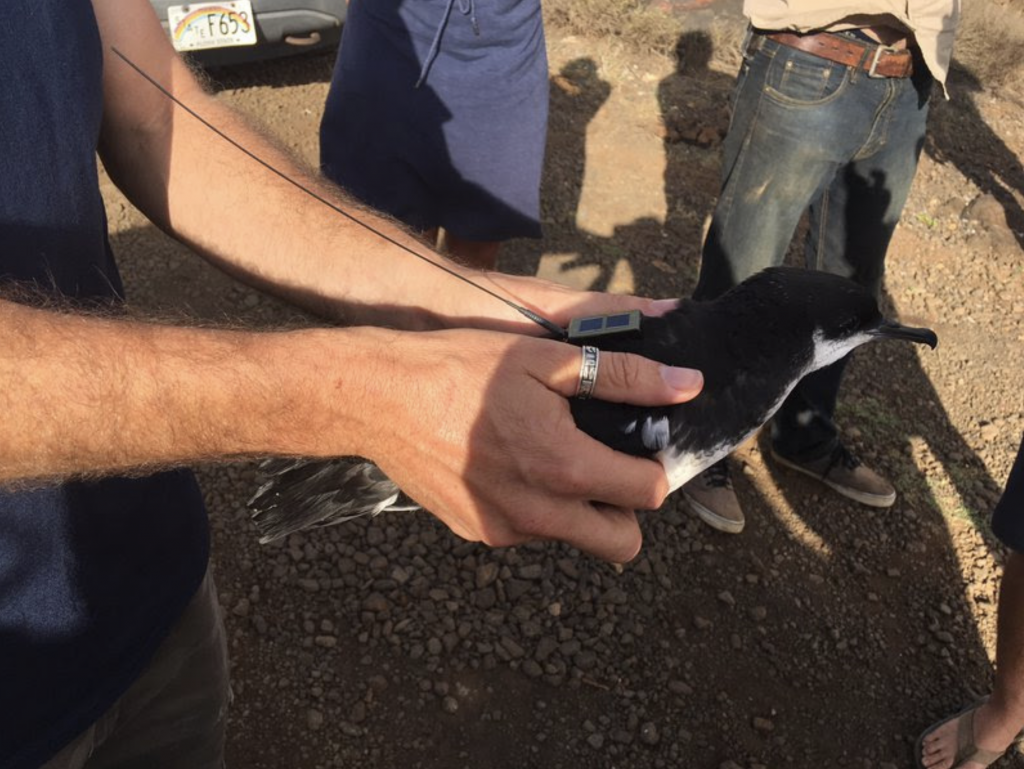House Democrats Agree to $100 Million Allocation for Critically Endangered Species

In a memo released by the House Natural Resources Committee, House Democrats will provide $550 million to the US Fish and Wildlife Service in the upcoming budget reconciliation package, including $100 million for some of the most critically imperiled species in the United States.
The legislation will include $25 million to conserve and restore four of the most imperiled types of endangered species in the United States: butterflies, eastern freshwater mussels, Southwest desert fish and Hawaiian plants.
“This is the largest investment in the recovery of endangered species in a generation, and I couldn’t be more thrilled,” said Brett Hartl, government affairs director at the Center for Biological Diversity. “If we’re going to tackle the extinction crisis and save these incredible species from the brink, this is exactly the type of bold action that’s needed.”
The reconciliation language mirrors Chairman Raúl Grijalva’s Extinction Prevention Act of 2021, which would fund on-the-ground conservation actions to stabilize the four groups of struggling endangered species.
A 2016 study found that Congress only provides approximately 3.5% of the estimated funding the Fish and Wildlife Service’s scientists say is needed to recover species. Roughly 1 in 4 species receives less than $10,000 a year toward recovery, and many of the endangered species that will benefit from this funding receive nothing for recovery in a given year.
The legislation will also provide an additional $240 million for Endangered Species Act activities, including $150 million for recovery plans, $50 million for Habitat Conservation Plans and $40 million for interagency consultations.
“The Fish and Wildlife Service has been operating on a shoestring budget for decades, and we’ve lost species to extinction because of it,” said Hartl. “The American people care deeply about saving life on Earth, and it’s fantastic to see Congress finally addressing the historic shortfalls in funding for wildlife conservation.”
Also included in the committee’s allocation is $100 million for climate change mitigation, $100 million for protecting and restoring grasslands and $10 million for wildlife corridors.




_1768613517521.webp)








